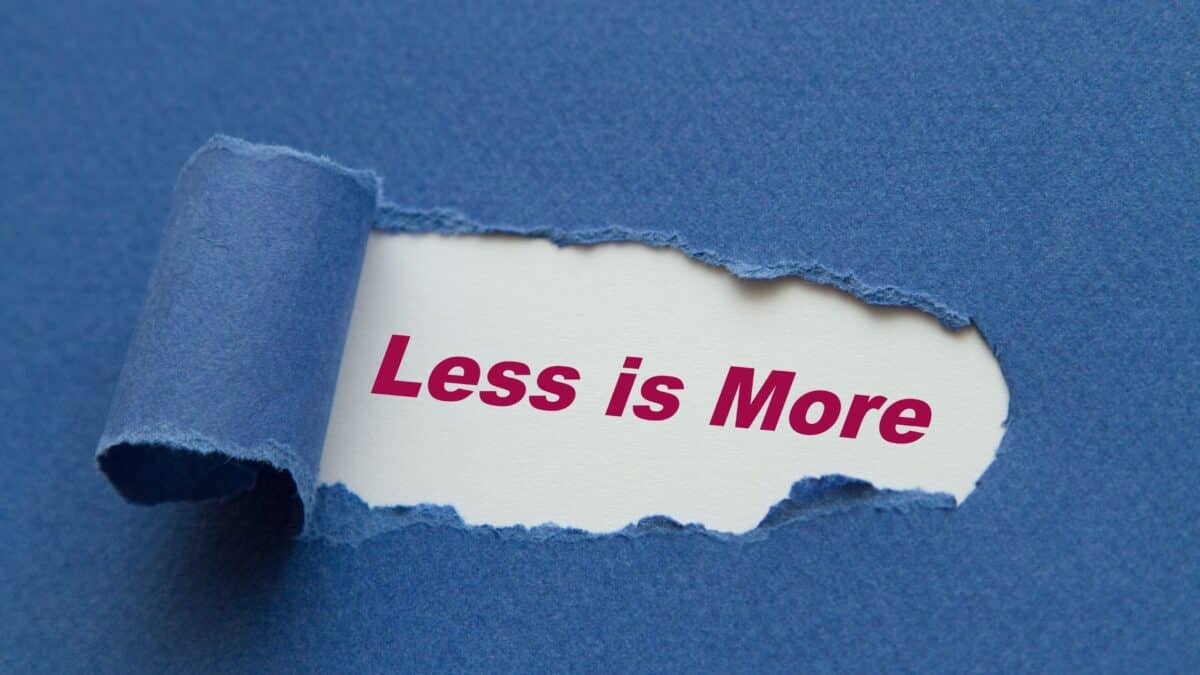
Cost Not A Factor in Credibility of Gluten-Free Certification
The Gluten-Free Certification Program’s credibility hinges on the certifying organization, set standards, and oversight. Cost doesn’t influence credibility; however, it can sway companies towards other agencies. This isn’t due to high costs, but because we provide more value for less. Some believe that lower cost implies lower quality, questioning the efficacy of cost-effective programs.
Setting the Record Straight
We aim to clarify the link between cost and Gluten-Free Certification. Starting in 2004, the Gluten-Free Food Program (GFFP) was the first of its kind. Furthermore, it’s endorsed by the National Celiac Association (NCA), enhancing our credibility among consumers compared to rivals. The NCA, a key U.S. organization, offers support and resources for those with celiac disease needing safe gluten-free food. Moreover, our commitment to value for money includes providing more benefits than competitors. Uniquely, we promote certified brands post-market through our gf-finder website, social media, and more.
Additionally, GFFP’s Standards, created with industry experts and the NCA, cater to gluten-free manufacturers and brand owners. We uphold the highest standards and best practices, safeguarding gluten-free consumers and complying with labeling regulations in the U.S., Canada, and globally. While other programs certify at 10ppm and 20ppm, the industry norm, GFFP’s standard is 5ppm or less, setting the highest market standard.
What to Expect from your Gluten-Free Certification Progam:
Accreditation and Recognition
Credible certification programs have accreditation from recognized bodies or regulatory authorities. These accreditations demonstrate that the program meets certain standards and has undergone rigorous evaluation. Only engage certifications that are recognized by reputable organizations in the food industry or are endorsed by governmental agencies.
Clear Standards and Guidelines
A credible gluten-free certification program has clear and well-defined standards for what constitutes a gluten-free product. This involves setting maximum thresholds for gluten content in food products, which is below 20 parts per million (ppm) in many countries. The program should also provide guidelines on testing methods and procedures to ensure consistent and accurate results.
Independent Verification and Testing
A reliable certification program involves independent verification and testing of products to ensure compliance with the established standards. This consists of periodic audits of manufacturers’ facilities, product testing through accredited laboratories, or both. Independent verification maintains the integrity of the certification process and ensures that products labeled as gluten-free are indeed free from gluten.
Ongoing Monitoring and Enforcement
A credible program has a system in place to monitor and enforce compliance with the gluten-free standards. This includes regular inspections, random product sampling, and investigations of consumer complaints. Strong enforcement mechanisms help maintain the integrity of the program and ensure that certified products consistently meet the defined requirements.
Transparency and Consumer Education
A reputable certification program has transparent communication about its standards, processes, and the meaning of its certification mark. It should also provide educational resources to consumers about the importance of gluten-free diets, how to identify certified products, and how to report any concerns or issues. Transparency and consumer education foster trust in the program.
Industry Reputation and Support
The credibility of a certification program is influenced by its reputation within the industry and its level of support from relevant stakeholders. These programs will be widely recognized and supported by food manufacturers, retailers, and consumer advocacy groups. Positive feedback and testimonials from trusted sources provides additional assurance.
It’s essential to research the specific gluten-free certification program that you are considering and to assess its credibility. Look for information about the program’s history, recognition, testimonials, and any regulatory oversight it may have.
Checking all the Boxes
The GFFP checks all of these boxes and more. Food safety is our mission. Offering more for less is what we do. We enourage gluten-free manufacturers to do more by certifying their products at 5ppm or less, making us the provider with the highest standards in the industry. That alone is more credible than cost.
